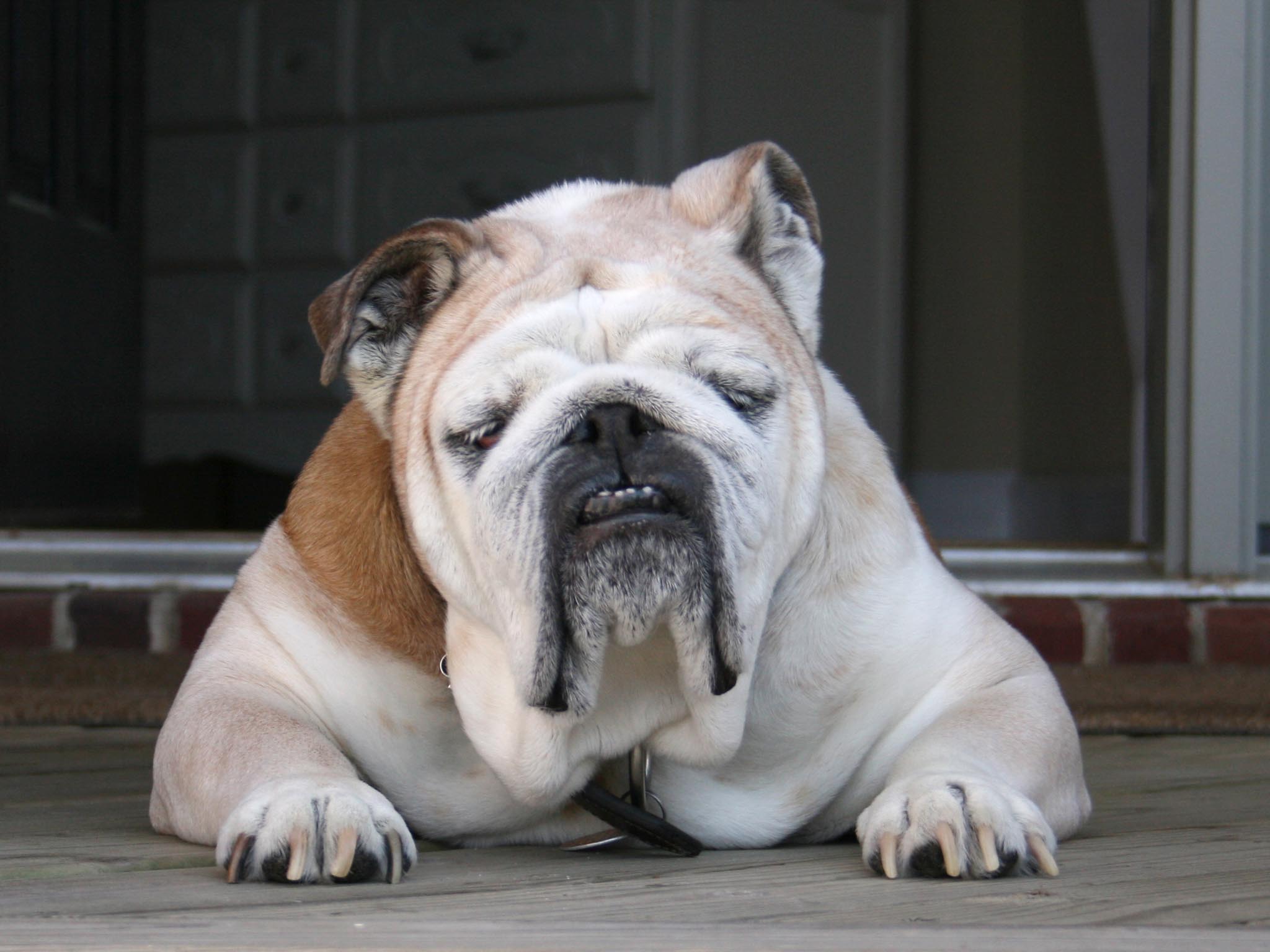Best food for french bulldogs help your frenchie reach his puppy potential
Table of Contents
Table of Contents
Bulldogs are a beloved breed of dog known for their wrinkly faces and friendly personalities. However, when it comes to feeding these furry friends, many bulldog owners may find themselves overwhelmed with options and conflicting information. In this post, we’ll explore the world of bulldog food and help you navigate the best options for your pup.
The Pain Points of Bulldog Food
Bulldogs are prone to a variety of health issues, including skin allergies, flatulence, and anal gland problems. It can be difficult to determine the root cause of these problems, but one possible culprit could be their diet. With so many different types of dog food on the market, it can be a challenge to know which one is right for your bulldog.
The Target of Bulldog Food
The main goal of bulldog food is to provide all of the essential nutrients your pup needs to stay healthy and happy. Bulldogs have a unique set of nutritional requirements, as they have a tendency to gain weight easily and can suffer from joint problems as they age. Additionally, bulldogs are prone to dental issues, so it’s important to choose a food that helps clean their teeth and freshen their breath.
Main Points About Bulldog Food
When it comes to choosing the best food for your bulldog, there are a few key things to keep in mind. First and foremost, you’ll want to look for a food that is made with high-quality ingredients and is free from fillers and additives. Additionally, you’ll want to choose a food that is specifically formulated for bulldogs, as they have unique nutritional needs. Finally, it’s important to be mindful of portion sizes and to consult with your veterinarian if you have any concerns about your bulldog’s weight or overall health.
Personal Experience with Bulldog Food
As a bulldog owner myself, I know firsthand the importance of choosing the right food for your pup. When I first brought my bulldog home, I struggled to find a food that he would actually eat. After doing some research and seeking advice from my veterinarian, I switched to a high-quality, grain-free brand that was specifically designed for bulldogs. Not only did my dog love the taste, but I noticed a marked improvement in his coat and overall health.
Choosing the Right Type of Bulldog Food
There are a few different types of food to choose from when it comes to feeding your bulldog. Dry kibble is the most common, as it is convenient and easy to store. However, wet food may be a better option for older bulldogs who have trouble chewing. Additionally, there are a variety of specialty foods on the market that cater to specific health concerns, such as joint problems or weight management.
The Importance of Reading Labels
When selecting a food for your bulldog, it’s important to carefully read the label and understand what you are feeding your pup. Look for foods that have a high protein content and are made with real meat, as opposed to meat by-products or fillers. Additionally, be wary of foods that contain corn or wheat, as these can be difficult for bulldogs to digest.
Understanding Portion Sizes
One of the most important things to keep in mind when feeding your bulldog is portion control. Bulldogs have a tendency to overeat, which can contribute to weight gain and other health issues. Consult with your veterinarian to determine the right portion size for your pup based on their age, weight, and activity level.
Frequently Asked Questions About Bulldog Food
Q: How often should I feed my bulldog?
A: It’s recommended that adult bulldogs be fed twice a day, while puppies may require up to four meals a day. Consult with your veterinarian for specific feeding guidelines.
Q: Can bulldogs eat a raw food diet?
A: While some owners choose to feed their bulldogs a raw food diet, this can be risky and should be approached with caution. Raw meat can contain bacteria and parasites that can be harmful to both dogs and humans.
Q: Should I choose a food that is specifically formulated for bulldogs?
A: Yes, it is recommended to choose a food that is specifically formulated for bulldogs, as they have unique nutritional needs.
Q: Are there any foods that bulldogs should avoid?
A: Bulldogs can be sensitive to foods that are high in fat or that contain grains such as corn or wheat. Additionally, bulldogs should avoid foods that contain xylitol, a sweetener that is toxic to dogs.
Conclusion of Bulldog Food
Feeding your bulldog a healthy diet is one of the best things you can do to keep them happy and thriving. By choosing a high-quality food that is specifically formulated for bulldogs and being mindful of portion sizes, you can help ensure that your pup stays healthy and energetic for years to come.
Gallery
Best Food For English Bulldog Adults And Senior Dogs
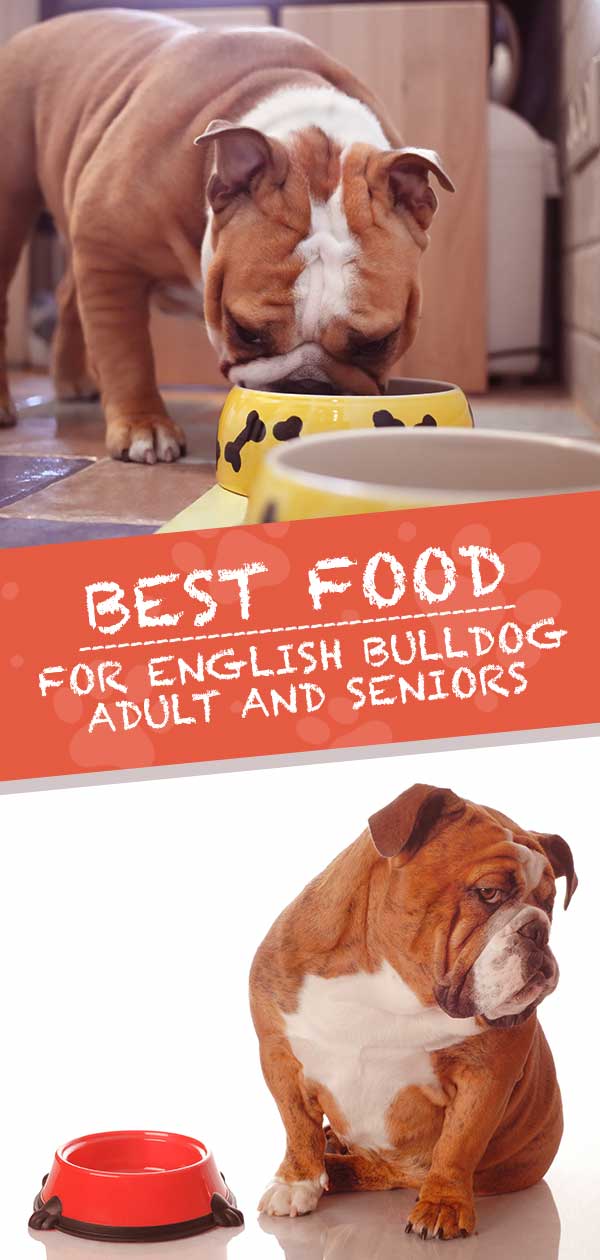
Photo Credit by: bing.com / food bulldog english adults adult seniors prevented improved diet conditions
The Complete Guide To French Bulldog Food | Happy French Bulldog
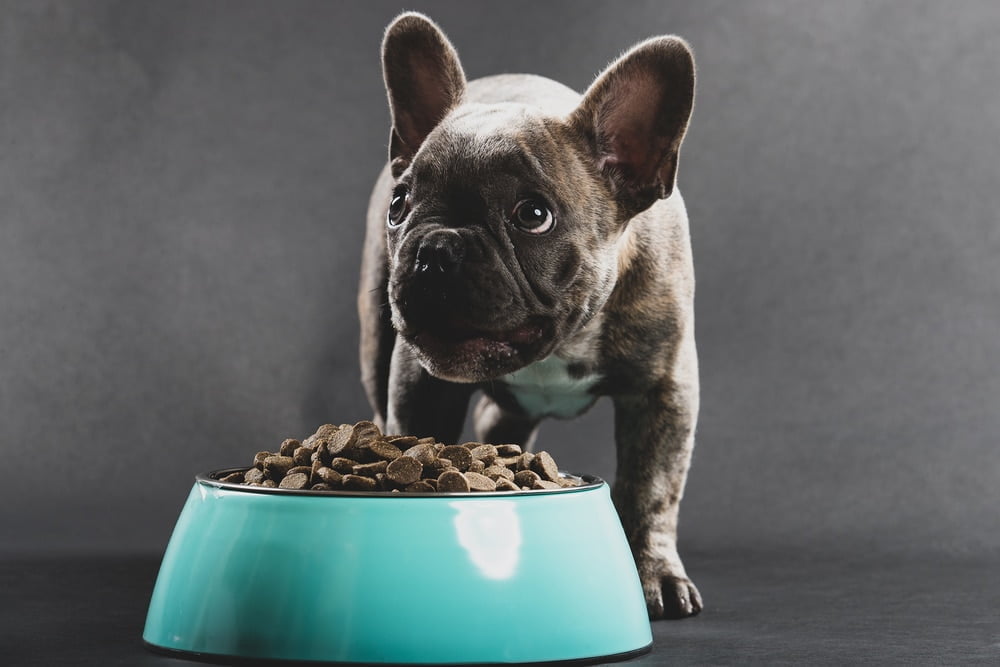
Photo Credit by: bing.com / bulldog frenchie uiterst frans francese cibo cani kom buldogpuppy hondevoer mangia francuski buldog balkon bulldogs comparisons amount providing parent important
Royal Canin Bulldog Dog Food | Food & Treats | Household | Shop The Exchange
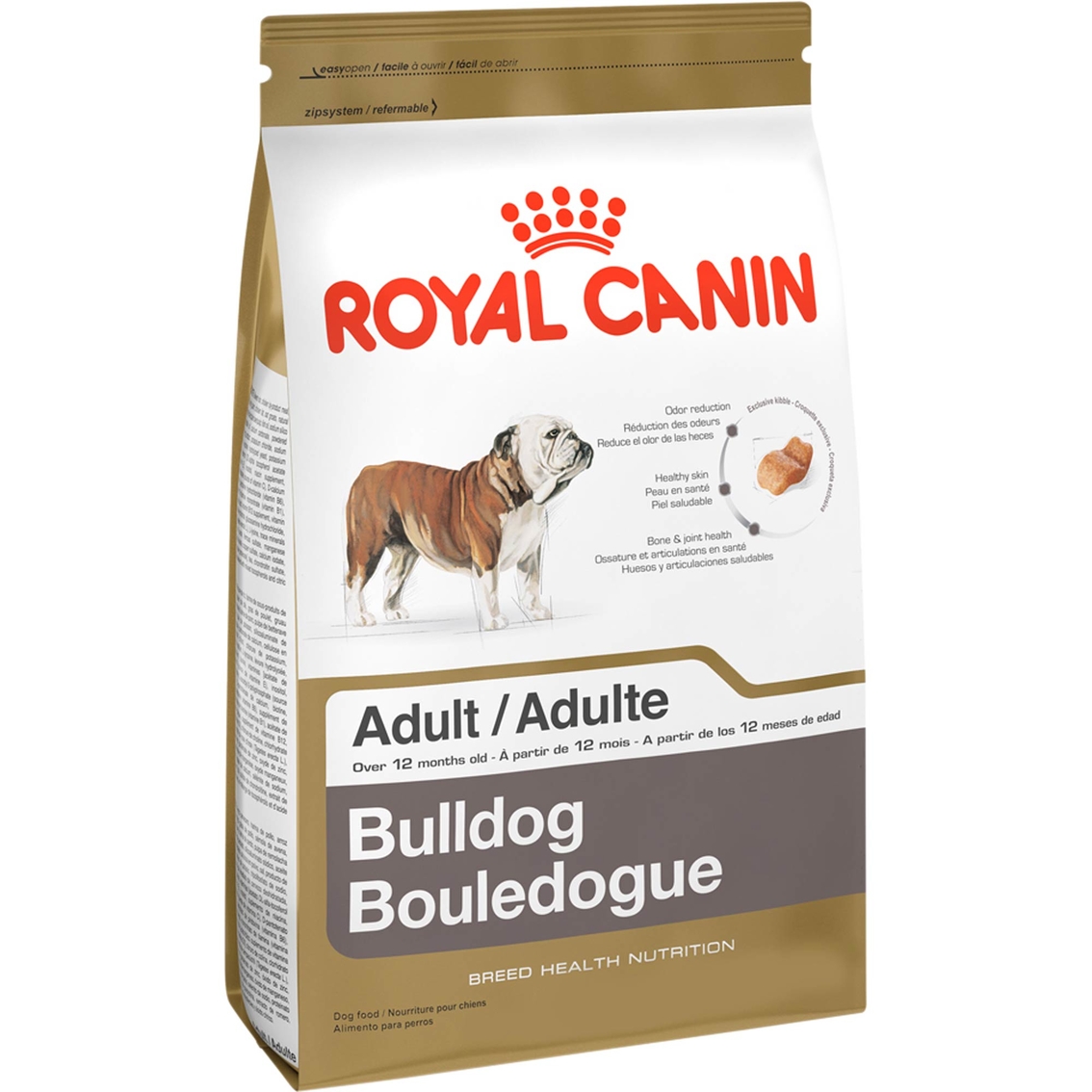
Photo Credit by: bing.com / royal canin bulldog breed food lb nutrition health dog
12 Best Bulldog Food Bowls For Your Bulldog - Dog Fluffy
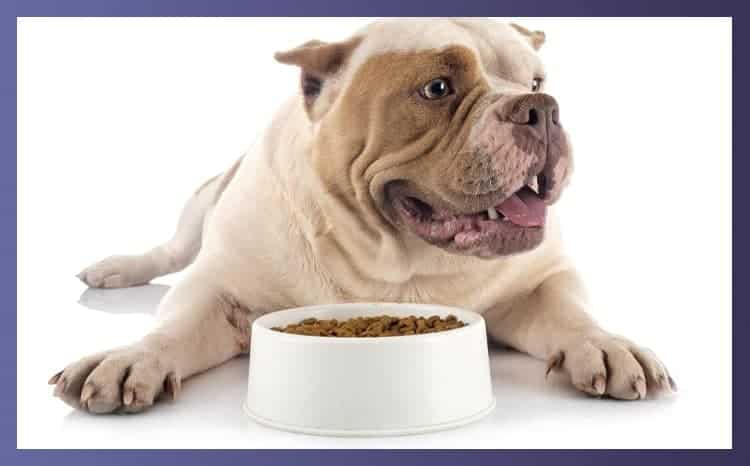
Photo Credit by: bing.com / bulldog food bowls bowl elevated ourpets stainless steel dog
Best Food For French Bulldogs: Help Your Frenchie Reach His Puppy Potential | HerePup!

Photo Credit by: bing.com / food french bulldogs puppy dog rice chicken brown frenchie potential reach help his plenty contains nutrition ingredients which main dogs


